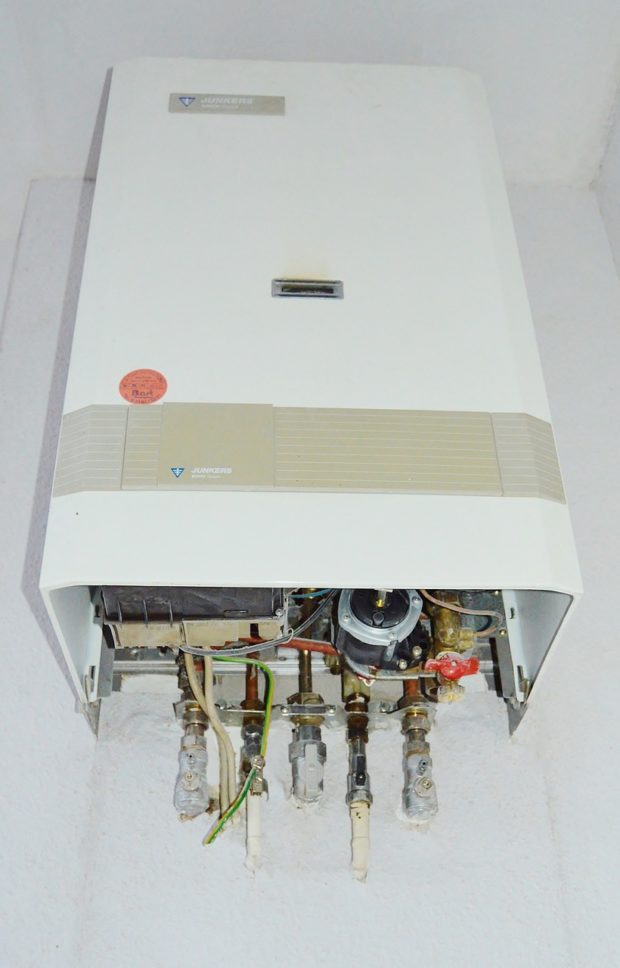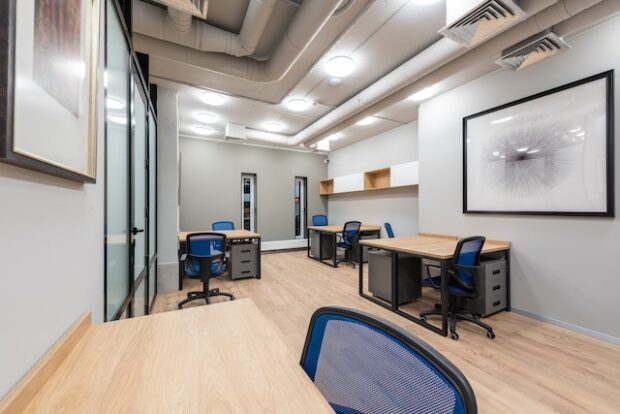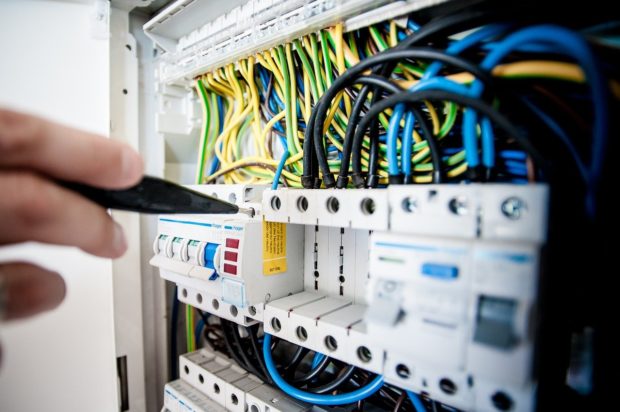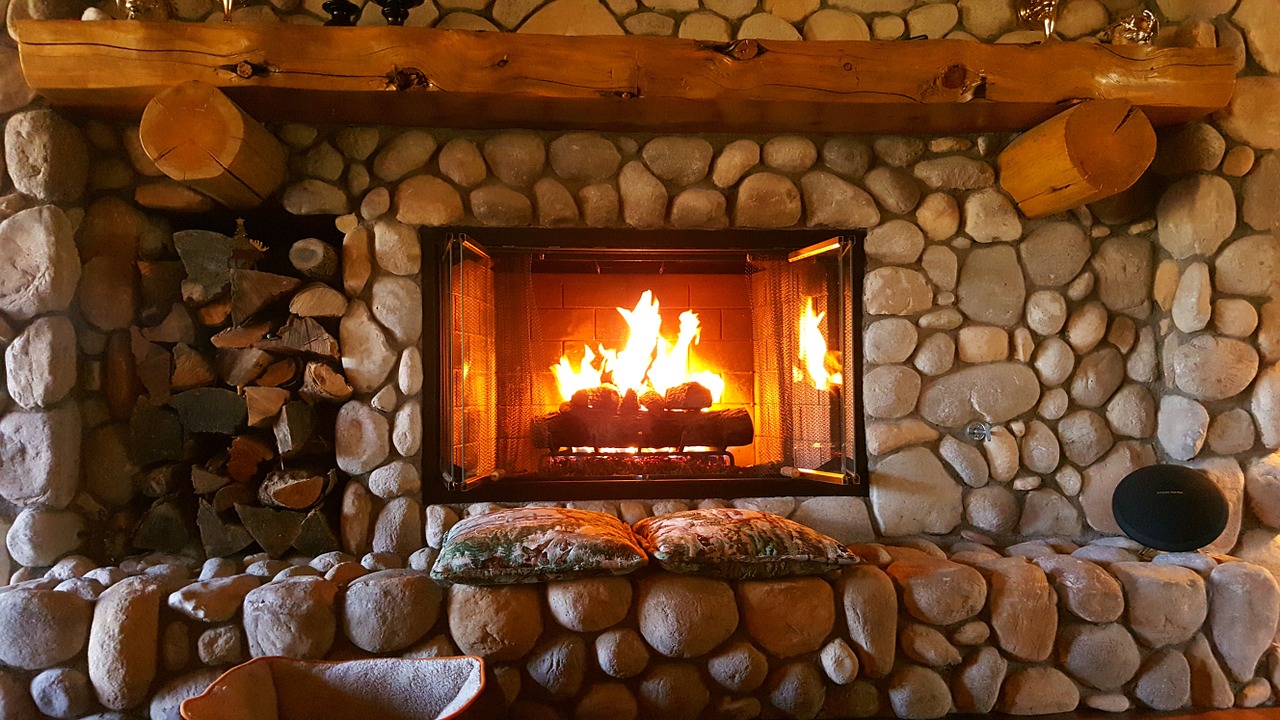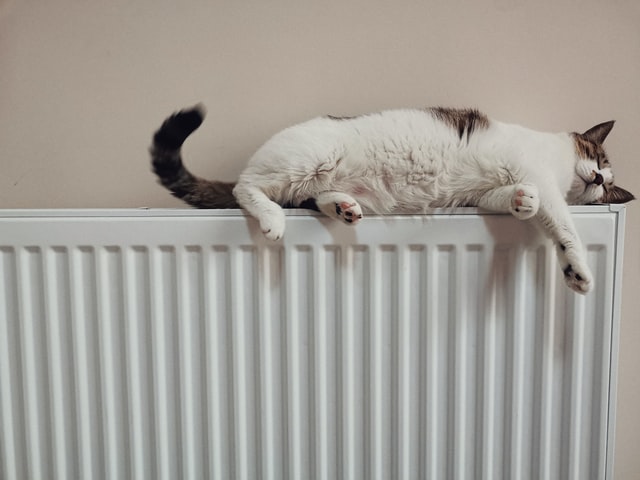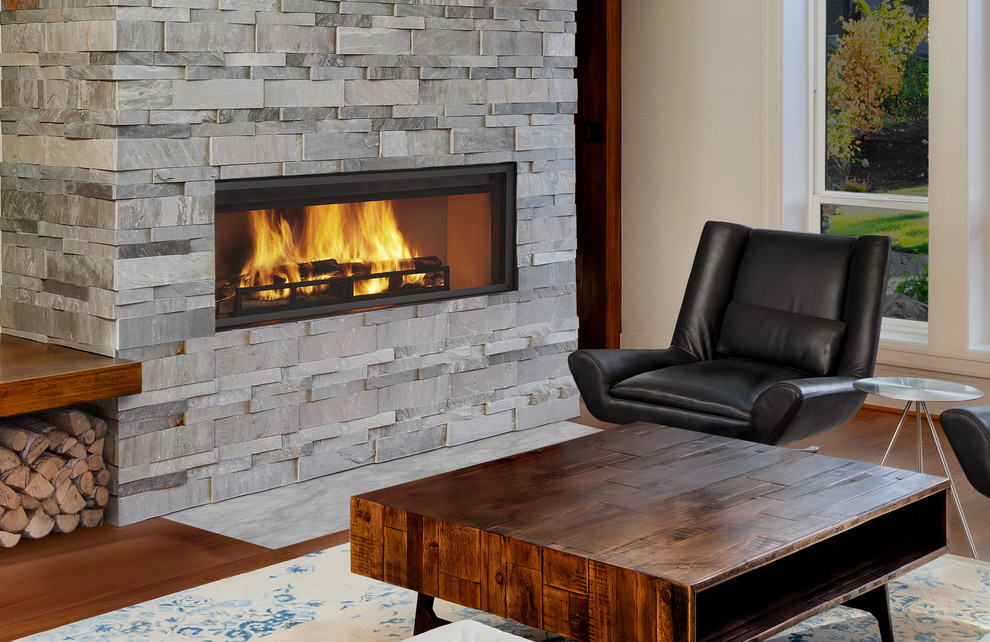The winter months can be a trying time for homeowners, especially if their heating system isn’t working. If you find yourself in this situation, you may feel frustrated and overwhelmed by the challenge of getting your system up and running again. Fortunately, there are some steps you can take to diagnose and repair the problem without having to call in an expensive technician. Here are some things to try if your heating system isn’t working.
Check your thermostat
The thermostat is the first thing that needs to be checked when trying to diagnose a faulty heating system. It could be as simple as resetting the settings or checking for any broken wires in the unit. If your thermostat battery has died, try replacing it with a fresh one before continuing with other steps. The thermostat may also need recalibration or reprogramming, so consult the manufacturer’s instructions.
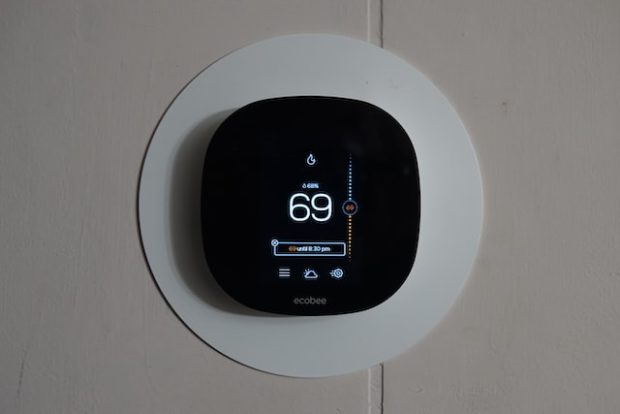
In addition to checking your thermostat settings, inspecting the air filter is essential. If the air filter is clogged or dirty, it can cause a decrease in the efficiency of your heating system. Make sure to replace any dirty air filters before attempting to fix other parts of your system. The air filter should be changed at least once a year.
Check the pilot light
If your heating system has a pilot light, it’s essential to check that it is lit properly. To do this, locate the pilot light and ensure it burns a steady blue flame. If the flame is yellow or inconsistent, you may need to adjust the gas valve and relight the pilot light.
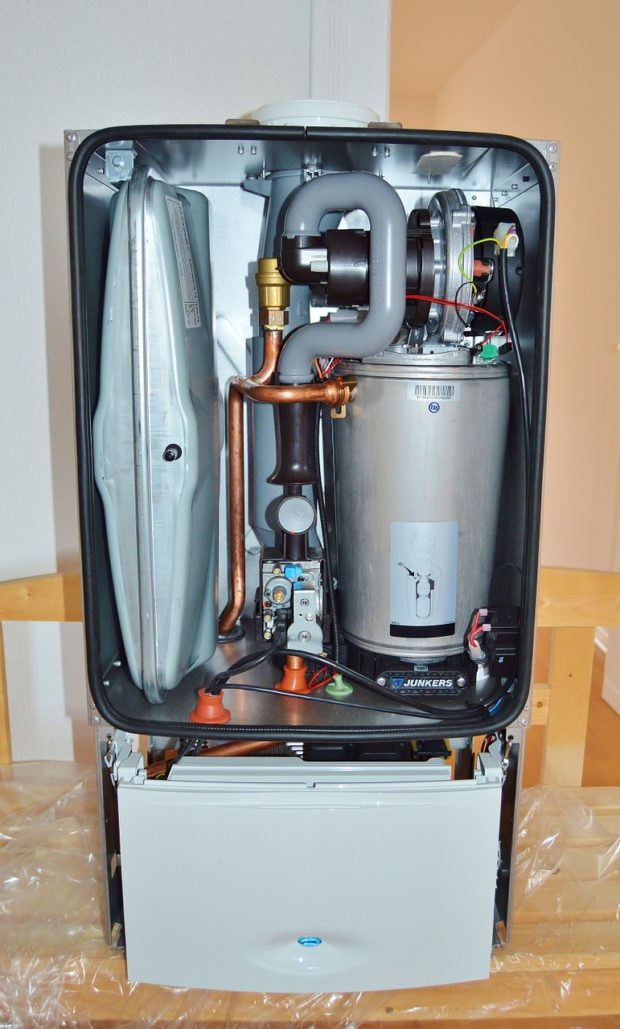
The pilot light may also indicate an underlying issue with your heating system. If you notice that the pilot light is frequently going out, it may indicate a gas leak or other issue. In this case, you should call a technician to inspect your system and make necessary repairs.
Inspect your furnace
If you have a furnace, inspect it for any signs of damage or wear and tear. Ensure all hoses are connected securely, as well as check for any blockages in vents or pipes. Also, check if there are any leaks in the system – often, these can cause your heating system to not work as efficiently as it should.
The furnace may need to be serviced or replaced if it is over ten years old. If you believe your furnace may need repair, it’s best to call a professional technician. It is unsafe to attempt repairs yourself if you don’t have the appropriate training.
Check your ducts
If you have a ducted system, check the inside of the ducts for any signs of cracks or leaks. If you notice any damage, it’s essential to have the ducts inspected by a professional as soon as possible. Leaky ducts can cause a decrease in the efficiency of your heating system, as well as waste energy and increase your bills.
The ducts may also need to be cleaned and serviced if they haven’t been done recently. This can help ensure that your heating system is appropriately ventilating the home, reducing energy costs and improving comfort levels.
Inspect your boiler
If a boiler powers your system, check that it functions correctly before attempting any repairs. The best way is to turn on your boiler and monitor the pressure gauge. If the gauge is too high, you may need to bleed your radiators or have a technician inspect your system.
The boiler should be serviced regularly, and the pressure relief valve should be checked to ensure it is operating correctly. Contact a professional from https://www.meadowair.com/heating/heater-replacements-in-arizona/ if you have any concerns or feel something isn’t right with your boiler. They can inspect your system and make any necessary repairs.
Check for power outages
Finally, ensure your unit receives power from your home’s electrical system. Check the circuit breaker and fuse box to ensure all circuits are in the “on” position. If you notice any issues with your electrical system, it’s best to call an electrician before attempting any repairs.
A power outage can cause a malfunctioning heating system, so checking for any outages before attempting any repairs is essential. If the power is out, contact your local electricity provider before attempting any repairs.
All things considered
If your heating system still isn’t working after trying these steps, it may be time to contact a professional technician. A qualified technician can diagnose the issue and make necessary repairs. Sometimes, your heating system may need to be replaced entirely if it is too old or damaged beyond repair.
No matter the problem with your heating system, taking the time to investigate possible causes and trying these steps can help reduce energy costs, improve comfort levels, and ensure that your system is running efficiently. Taking the initiative to make these checks can save you costly repairs or replacements.

